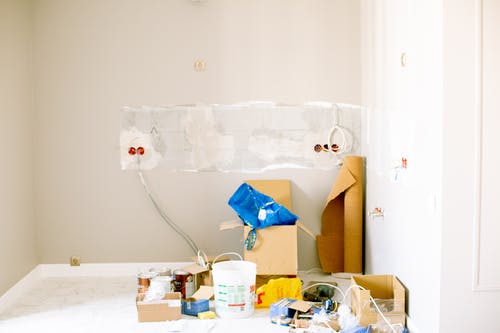We’ve all watched the HGTV programs that show a run-down old house transforming into a dream home. Tackling a big renovation project on an outdated property can indeed pay off big—both with the home of your dreams, and with a return on investment. If resale value is a primary concern, consider these factors as you’re making your fixer-upper plans.
Is the price right?
How much can you invest in a home beyond the sale price while staying in line with the value of homes in the neighborhood? You don’t want to improve a home to the point that it’s worth far more than the norm for the area. You’ll enjoy the property while you’re living there, but if you ever decide to sell, your ROI could be limited by the market value of nearby houses.
Low cost, instant equity
There are a lot of low cost and DIY improvements that will add equity almost immediately, such as rehabbing the landscaping and adding fresh coats of paint. These improvements add value to the property almost instantly.
What’s worth spending on?
A little elbow grease goes a long way, but there will inevitably be projects that require some serious spending. If you’re concerned with getting a return on your investment, focus your dollars toward the roof, floors, and the home’s exterior. They’re not flashy upgrades, but they’re important for future buyers. On the other hand, luxuries like a swimming pool are unlikely to see any return on investment.

